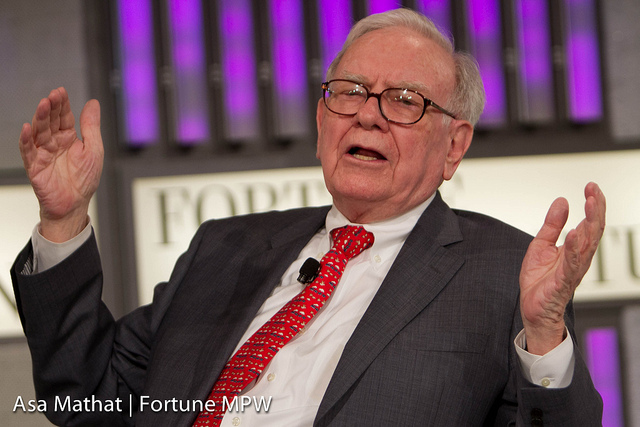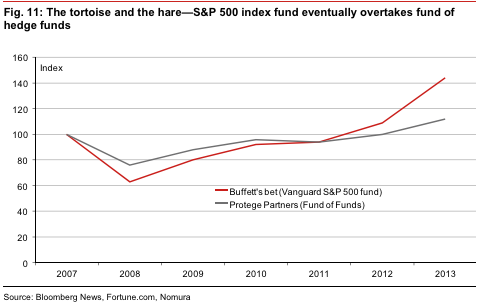Three of the country’s largest public pension funds are pushing back against Bank of America’s recent decision to appoint Brian Moynihan as CEO and chairman.
A shareholder resolution had previously mandated that the positions be separate.
Now, pension funds are telling Bank of America it has poked its “finger in the eye of investors.”
From the Wall Street Journal:
Three of the largest pension systems in the U.S. are pushing back on the bank’s move, announced earlier this month. The resistance from the California Public Employees’ Retirement System, the California State Teachers’ Retirement System and the adviser to New York City’s five pension funds may result in a variety of steps to try to improve governance, including a shareholder campaign to challenge the move in the spring, according to people familiar with the matter.
Bank of America set off these investors’ ire when its board changed the bank’s bylaws Oct. 1 to allow it to combine the chairman and CEO roles, then announced later that day that it had given the chairman’s job to Mr. Moynihan. The move essentially unraveled a binding 2009 shareholder resolution to separate the positions. A majority of shareholders, including the three pension systems, had voted for that change at the bank.
“They have flaunted the will of the shareholders,” said Anne Sheehan, corporate-governance director at the California State Teachers’ Retirement System, or Calstrs, the second-largest pension fund in the U.S. by assets. “It’s like the board poking their finger in the eye of investors,” said Michael Garland, director of corporate governance to New York City Comptroller Scott Stringer, who advises the five New York City pension funds.
Collectively, the three pension systems control 93 million Bank of America shares, or about 0.9% of shares outstanding, according to the most recent data available.
Bank of America’s board is within its rights to combine the positions, because the board of virtually any company incorporated in Delaware is allowed to alter corporate bylaws, even if it means undoing a previous shareholder change.
Warren Buffett, another large shareholder, said he supported the move. From the WSJ:
Some big shareholders supported the move, including Warren Buffett , whose Berkshire Hathaway Inc. made a $5 billion investment in the bank in 2011.
“I support the Board’s decision 100%,” Mr. Buffett said in an email Wednesday in response to questions from The Wall Street Journal. “ Brian Moynihan has done a superb job as CEO of Bank of America and he will make an excellent Chairman as well.”
A CalSTRS spokesman told the Wall Street Journal that it is talking with other shareholders about next steps. The pension funds could use their sway to vote out certain board members; they could also file another shareholder resolution, similar to the one in 2009, which would prohibit the CEO and chairman positions from being occupied by one person.


